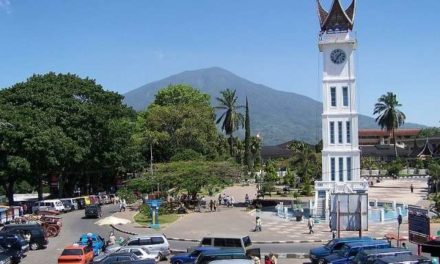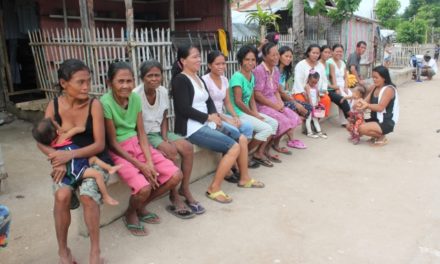(Summary of paper presented by Professor Chandravithun)
Thailand began its industrialisation in 1950s, but it received impetus only in 1961 when the first national plan was launched. The first national plan was followed by the second, third, fourth, fifth, sixth and seventh. Thailand has commenced its eight plan in October this year, 1996.
During the last 35 years, Thailand’s economy has experienced a steady and high progress. Average annual GDP rose every year and every decade. The average for the whole period is 7.5per cent — the highest among the developing countries. The period witnesses that industrial production, investment and export increased over 15-20per cent. At the end of 1994, the value of export stood at billion baht. In short, GDP increased 35 times and GDP per capita increased thirty times. By the early 1990s, Thailand was widely known as the “fifth tiger†following South Korea, Taiwan, Hong Kong and Singapore. In 1993, the World Bank included Thailand among the East Asian miracle countries.
The top 20 per cent of the country’s wealthiest people took most of the gain. For instance, during 1960-1990, the top 20 per cent wealthiest groups share increased from 47 per cent to 55 per cent, while the nation’s poorest 20 per cent, so the income share dropped from 6.5 per cent to 4 per cent. The most disturbing fact is that in 1990, the top 10 per cent of the population had 40 per cent of the national wealth. Nor has there been much change in the incidence of poverty in absolute terms. According to a recent study by Dr Medhi Krongkaew, Director of the Institute of East Asian Studies at Thammasat University Thailand, the number of people who are below the poverty line today is about 20 million, almost the same number as 20 years ago.
The high growth has also contributed to a number of social problems. Accelerated industrialisation has certainly led to the neglect of the agricultural sector which has resulted in a decline in production and falling income for farmers. A great number of farmers gave up farming and their home to seek a new life and occupation elsewhere. Thai farmers have experienced growing pains and discomfort due to uncertainty about their future. Along with the sacrifices of the agricultural sector we have also witnessed depletion and deterioration of natural resources. Vast tracts of forests have been cleared to supply raw wood, cash crops and marine life to the exported economy. Forest covers have shrunk from over 40 per cent of land area in 1960 less than 20 per cent today. Factories pollute the air and water, our important rivers are contaminated by waste and heavy metal.
This has also been a period of great change in the labour and social scenes. There has been an escalation in the employment of children and women. The total of female employment rose from six million in 1960 to twelve million today and almost five million work in non-agricultural sector and some 500,000 work in the entertainment and sex industries. Three million children are working – almost 5 per cent of the total population. These women and children receive low wages and face poor working conditions. In terms of wages, while the GDP per capita increased fifteen times for the past 35 years, real wages increased over three times. Industrial workers are also exposed to dangerous machine and chemical substances. Work related accidents have increased 20 per cent per year for the last decade. There were one hundred twenty thousand accidents last year alone.
In short, the thirty years of high growth has transformed the Thai society from a quiet, peaceful and docile community into a bustling modern industrialised consumer oriented society. Such change has a great impact on occupation, income and life of the Thai people at every level and everywhere through this process of change. Thailand has lost a number of old and good traditions and heritage, and important social institutions such as family and religion have been weakened. The main goal in life today is to accumulate wealth, money is the most important thing in life. It would not be an over-statement to say that Thailand today is facing a social crisis as never seen before. The number and scale of social problems has also increased. The National Committee for the Promotion of Social Welfare has reported on some of the important social problems, including half a million drug addicts, 400,000 HIV-infected and 200,000 prostitutes. On top of this, there are nine million people who are unable to help themselves and are in need of help and support.
* Professor Nikom is a Professor of Labour Law at Thammasat University and the Chairman of the Advisory Committee for the Minister of Labour and Social Welfare in Thailand. Prof. Nikom has over thirty years of experience in social and economic development as senior government official, adviser to the Prime Minister, member of Legislative Assembly, senator, lecturer on social and labour policy, and international civil servant. Prof. Nikom has written extensively on labour and social insurance.









